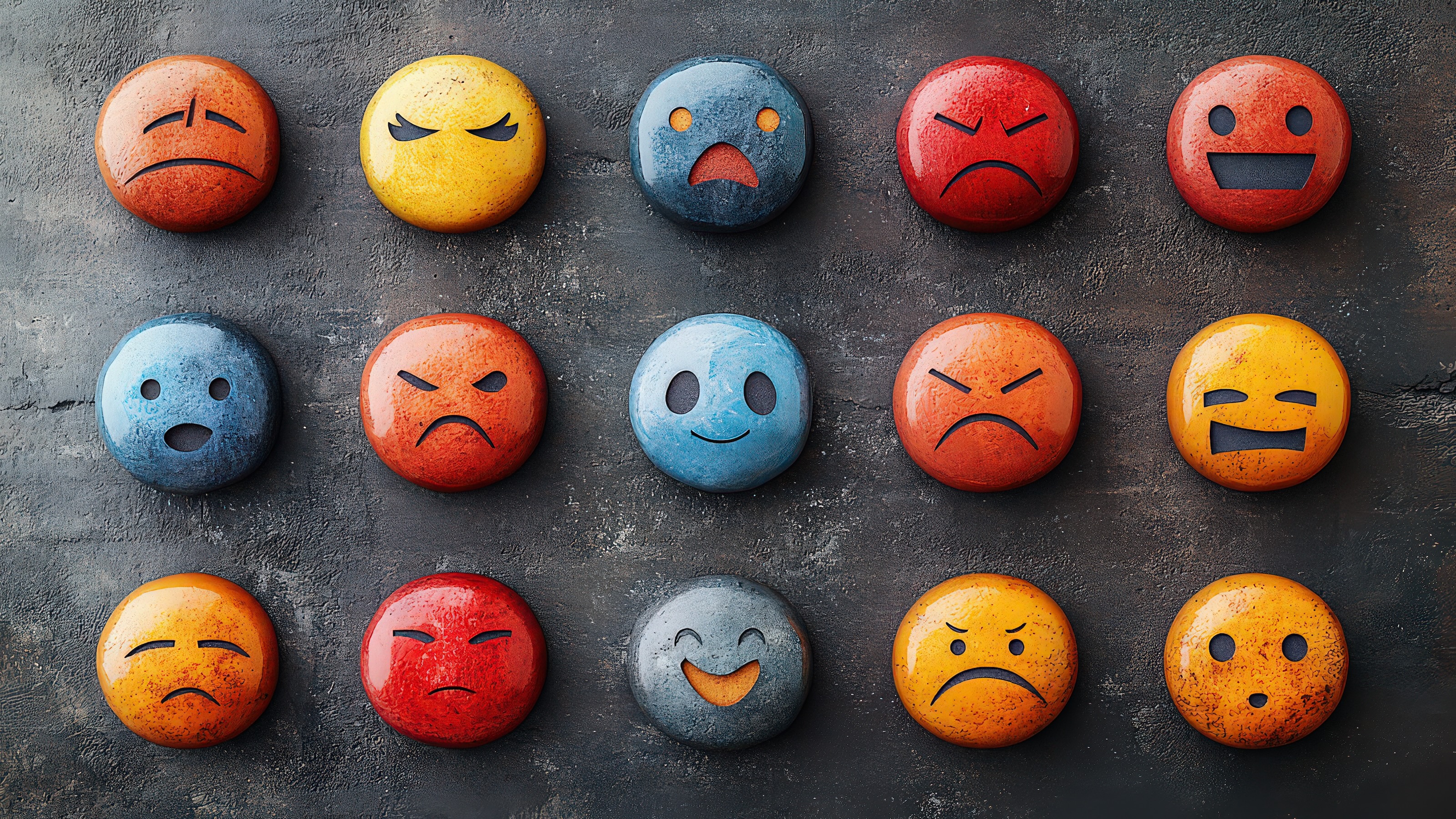C. Raj Kumar defines the role of an international lawyer.
Kumar: I think one of the major challenges of any human rights enforcement or process is that whether you are, in some ways, in resisting the state apparatus and the journey begins around that time. For anybody to recognize that there is a problem and that the power that is exercised by the state or, in some ways, non-state actors. In fact, it’s no longer the case that human rights violations are committed only by state actors. There are a number of non-state actors all over the world who are engaged in human rights violations, and those could, in some ways, be responded through the criminal law measures. But also, these violations continue to happen and it is important that civil society needs to be mobilized. Now, in societies where there is a basic rule of law framework, the legal system is the first sort of mechanism that ought to take steps, and, of course, in these societies, developed societies where there is a sort of a reasonable framework for rule of law to be enforced, courts are functional, there is, law is upheld, you know, there is an enforcement machinery to ensure that the judgments given by the courts are implemented. In these societies, the lawyers’ role is, in many ways, using these institutional machinery and mechanisms to ensure that the rights are not violated, first place, and, if they are violated, there is proper redressal in the form of punishment to the offenders or compensation or reparation measures for the victims of human rights violations. Now, the challenge becomes even more difficult in those societies where rule of law is not sufficiently protected, the courts are not sufficiently independent, the media is not independent and they don’t have the sort of power to exercise freedom in a manner that is prevailing in other societies. In those societies, the role of human rights actors is, one, more important, and, two, much more difficult. Now, if you look at countries all over the world, there is, when societies are more open and democratic, the challenges of human rights… Well, let me put it like this. The challenges of human rights in all these societies are [IB], it is there… It’ll be a mistake to say that democratic societies have less human rights challenges than undemocratic societies. Where the difference lies is in democratic societies, there is a method and a process by which some of these challenges are actually overcome, but in undemocratic societies and authoritarian societies, it is difficult because any exposure of human rights violations, any attempt to, you know, in some ways, highlight these human rights violations becomes a threat to the government and the government perceives, takes, in many ways and some times, actions against these individuals. So eternal vigilance on the part of citizenry in all these societies becomes important. And, of course, here I would like to highlight the role of non-governmental organizations, NGOs, both domestic as well as international. Domestic NGOs are important because they are the sort of conscience of a country within the country, highlighting issues and, in some ways, bringing the matters to the public domain for people to understand. International NGOs are important because, sometimes, the government, the domestic NGOs are not heard within the country, and if serious issues of human rights violations happening in one country, if it is not, if these domestic actors are not able to bring it to the limelight, the international NGOs can bring it to the knowledge of the international community and, later, countries or, if the matter is serious enough, even the United Nations can take actions against the people responsible for these human rights violations. So the role of human rights defenders becomes very critical in all these situations.





